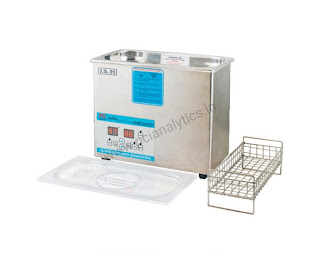Oil Free Diaphragm Type Vacuum Pump - PCI Analytics
Oil Free Diaphragm Type Vacuum Pump What is an oil-free vacuum pump? An oil-free vacuum pump, also referred to an oil-less vacuum pump or dry running vacuum pump, is essentially a pump that does not use lubricants in the chamber to create a vacuum or cool the pump. In oil-lubricated machines lubrication is used a seal the vacuum chamber and cool the pump also diaphragm Vacuum Pumps are dry pumps that operate using a pulsing motion that opens and closes valves to move air. Diaphragm Vacuum Pumps are for Vacuum & Pressure applications. Portable, Oil free, noiseless made of special graded aluminium die castings. Diaphragms are made of special 2 ply nylon reinforced neoprene rubber. Widely used for Laboratory / Pollution control equipment / Material Handling Equipment's/ Medical Instruments / Dentist / Gas charging in A.C. / Photographic developing machine / Plastic Welding / Nebuliser / Cement aeration. What is the purpose of using a vacuum pump? Simply put, vacuum pumps a...
